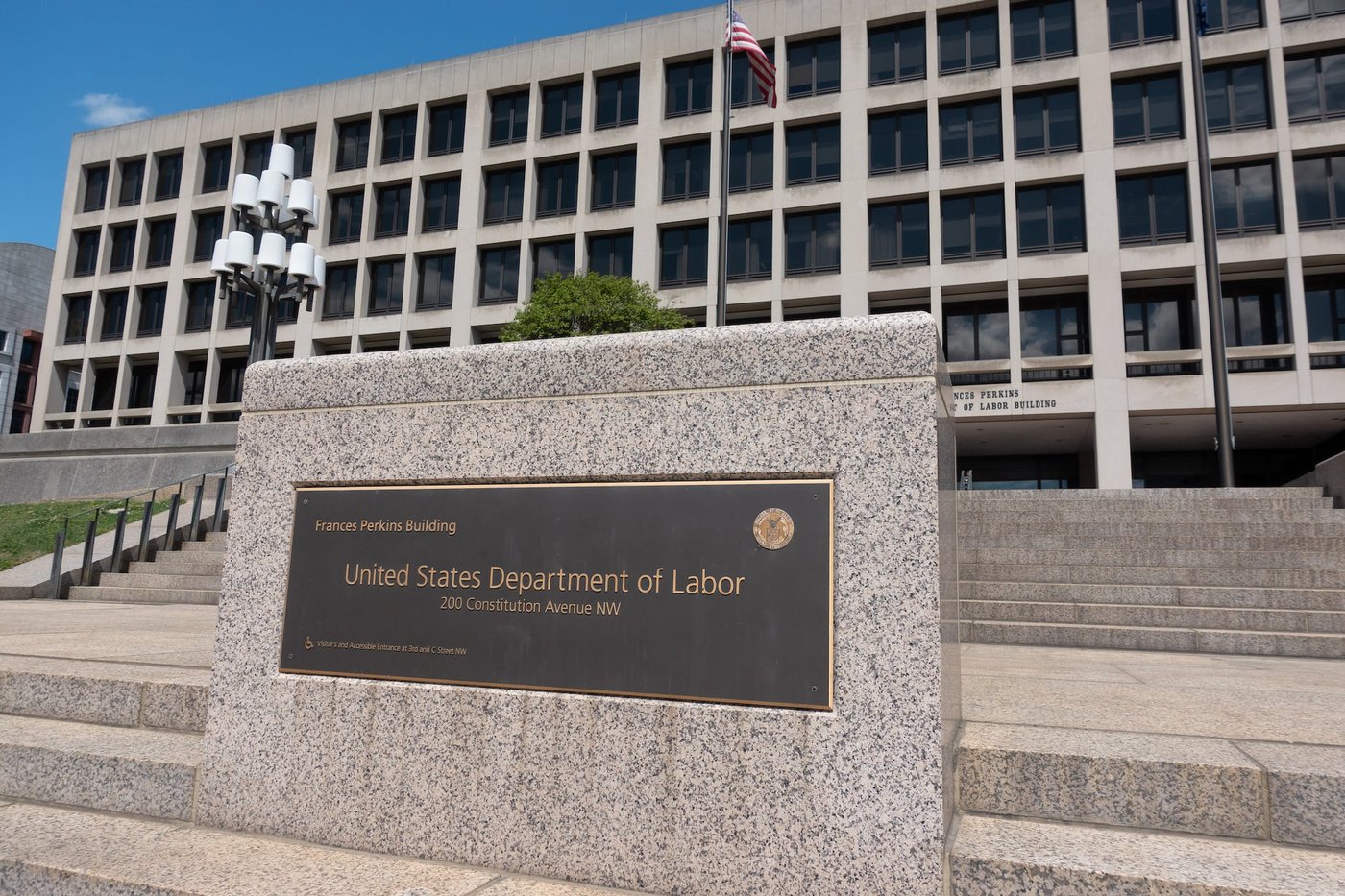U.S. Enhances H-1B Visa Enforcement with Project Firewall
In recent years, the U.S. immigration landscape has witnessed significant changes, particularly in the realm of H-1B visas. The introduction of Project Firewall marks a crucial development in the enforcement of H-1B regulations, aimed at ensuring compliance and safeguarding the interests of both employers and foreign workers.
Understanding Project Firewall
Project Firewall is a comprehensive initiative launched by the U.S. Citizenship and Immigration Services (USCIS) to enhance the enforcement of H-1B visa requirements. This program focuses on addressing issues related to immigration compliance, including fraud detection and ensuring that employers adhere to the obligations associated with H-1B visas. The initiative is part of a broader strategy to tighten immigration regulations and reinforce the integrity of the visa program.
Key Objectives of Project Firewall
The primary goals of Project Firewall include:
The Impact on Employers and Employees
With the implementation of Project Firewall, both employers and H-1B workers can expect significant changes in the way the visa program operates. Employers may face increased scrutiny and more rigorous audits, which could lead to a greater emphasis on compliance with immigration laws. This shift could have several implications:
Broader Immigration Context
Project Firewall is part of a larger trend in U.S. immigration policy aimed at strengthening immigration enforcement. This trend includes various measures, such as the recent updates on advance parole news and the ongoing discussions surrounding immigration reform news. As the U.S. continues to navigate complex immigration issues, initiatives like Project Firewall will be crucial in shaping the future of work-related visas and immigration practices.
Moreover, the impact of these changes resonates beyond the H-1B program. As other immigration categories, such as those related to humanitarian parole and visa news, are also under scrutiny, it is essential for both individuals and employers to stay informed about the evolving landscape.
Conclusion
In conclusion, the U.S. government’s launch of Project Firewall represents a significant shift in the enforcement of H-1B visa regulations. By prioritizing compliance and fraud prevention, Project Firewall aims to create a more transparent and equitable immigration process. Employers must adapt to these changes by ensuring they meet all requirements and protecting their workers’ rights. As immigration policies continue to evolve, staying informed about the latest developments in the field is essential for all stakeholders involved.
As we look ahead to the future of immigration, it is crucial to engage in discussions about immigration news in Colorado, California immigration news, and broader topics such as Trump immigration news and Biden’s parole in place 2024. Understanding these dynamics will help both employers and employees navigate the complexities of the U.S. immigration system effectively.










